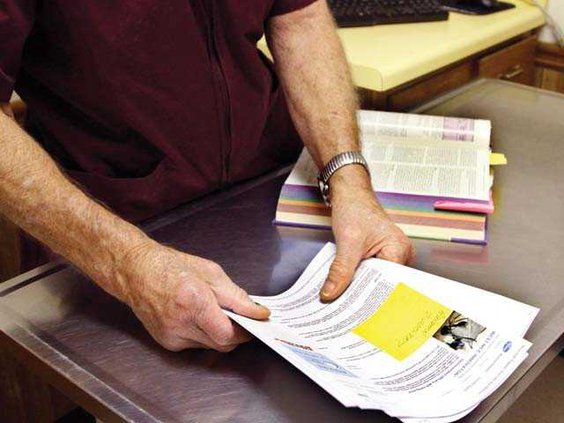The Georgia Department of Public Health announced Friday that it has identified 21 confirmed cases of the West Nile virus in the state, including one in Forsyth County.
West Nile case confirmed here
Health officials issue mosquito alert

